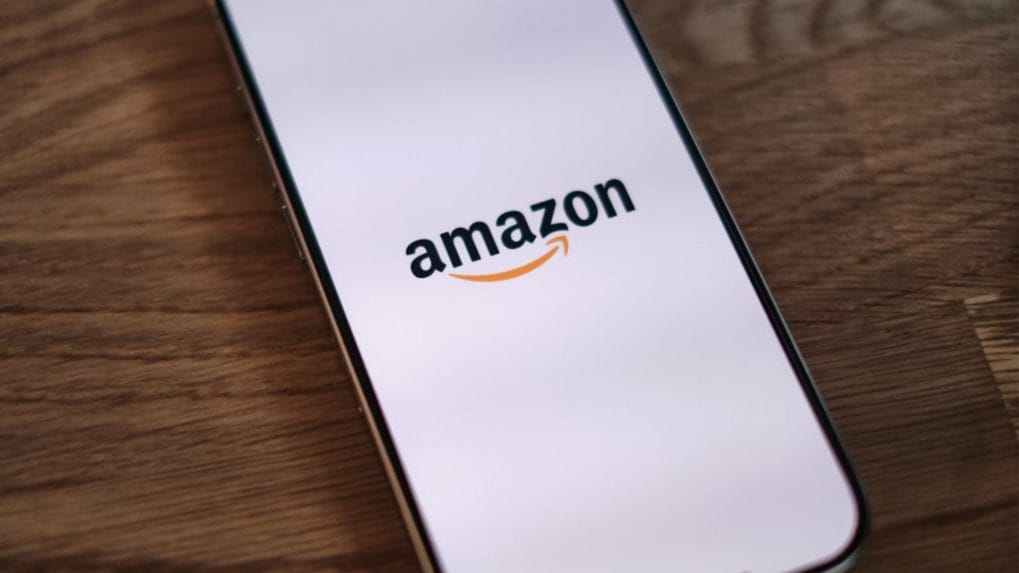Advertising
From Pink Slips to Silent Sidelining: Inside adland’s layoff and anxiety crisis

Amazon has announced that it is developing AI-powered smart glasses for its delivery drivers, marking another step in the company’s efforts to integrate artificial intelligence into its logistics operations.
The e-commerce giant said the glasses are intended to give drivers a hands-free experience, reducing the need to constantly look between their phones, parcels, and surroundings. The device will allow drivers to scan packages, follow turn-by-turn walking directions, and capture proof of delivery—all without touching their smartphones.
Powered by AI-driven sensing technology and computer vision, the glasses display information such as potential hazards, navigation prompts, and delivery tasks directly in the user’s line of sight.
When a driver parks at a delivery location, the glasses automatically activate, helping locate the correct parcel in the vehicle before guiding the driver to the delivery address. They are particularly designed to simplify navigation in multi-unit apartment complexes or business parks, where locating recipients can often be time-consuming.
The device connects to a controller embedded in the driver’s delivery vest, which houses operational controls, a swappable battery, and a dedicated emergency button. The glasses are also compatible with prescription lenses and adaptive transition lenses that adjust to lighting conditions.
Amazon is currently trialling the technology with delivery drivers in North America and plans to refine the system before a wider rollout. The company said it expects the glasses to save time on each delivery while improving safety and accuracy.
In future versions, the glasses are expected to feature real-time defect detection, alerting drivers if a package is dropped at the wrong address or if hazards such as pets are detected nearby.
The announcement follows reports from Reuters last year that Amazon had been developing the smart glasses as part of its broader AI expansion.
Also unveiled on Wednesday were two additional innovations: “Blue Jay”, a robotic arm designed to assist warehouse staff in sorting and shelving items, and “Eluna”, an AI tool that provides operational insights to improve efficiency across Amazon’s fulfilment centres.
From purpose-driven work and narrative-rich brand films to AI-enabled ideas and creator-led collaborations, the awards reflect the full spectrum of modern creativity.
Read MoreLooking ahead to the close of 2025 and into 2026, Sorrell sees technology platforms as the clear winners. He described them as “nation states in their own right”, with market capitalisations that exceed the GDPs of many countries.